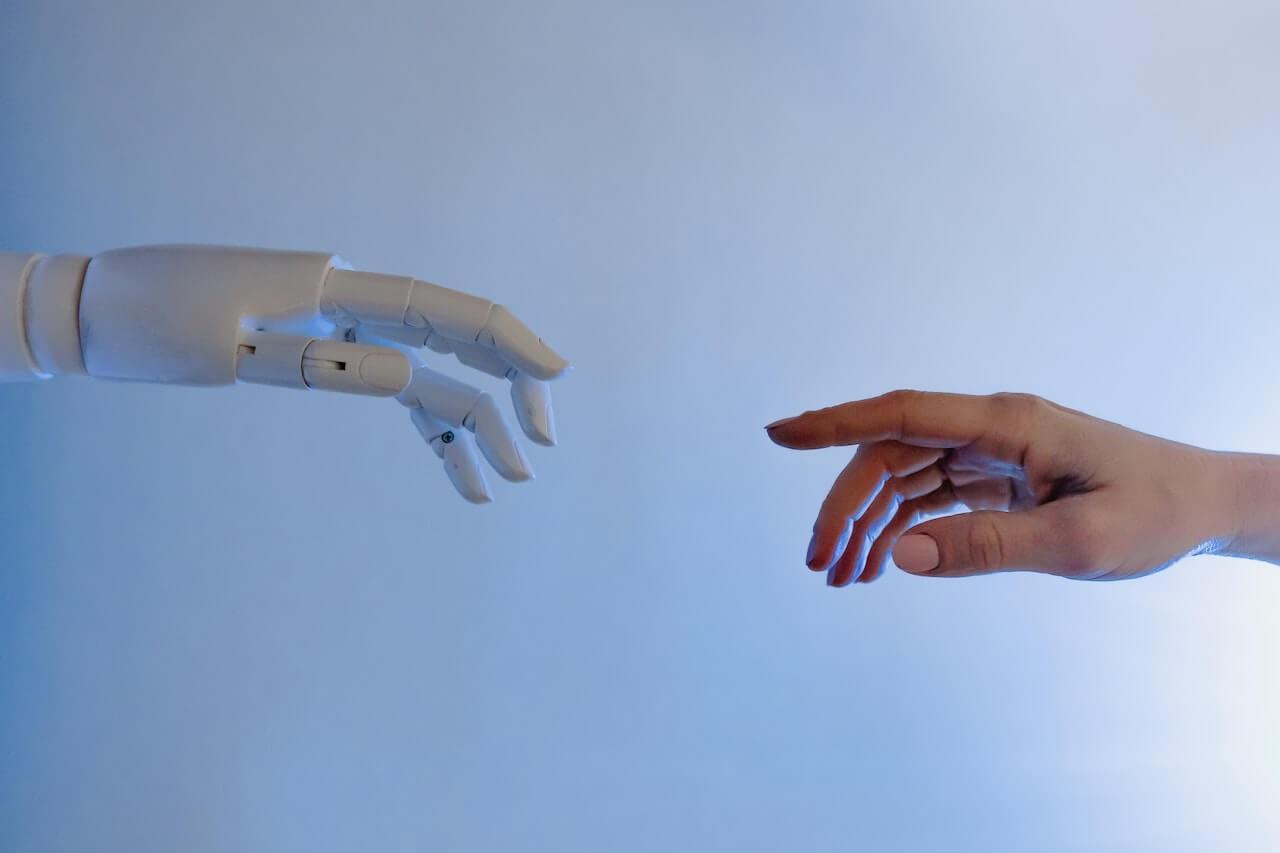Algorithmic Decision Making Preferred Over Human Deciders
This is one of our free-to-access content pieces. To gain access to all Ideas for Leaders content please Log In Here or if you are not already a Subscriber then Subscribe Here.

Algorithmic decision-making (ADM) is becoming more accepted: A new study reveals ADM is perceived as more trustworthy and fairer than human decision-making. ADM is trusted to make qualitative assessments, a weakness in the past. Finally, negative decisions are more readily accepted by artificial intelligence than by humans.
To what extent are we as humans ready to accept decisions made by computers? This was the question at the heart of a study from Michigan State University and Drexel University researchers that examined algorithmic decision-making (ADM) in the context of a job search. ADM, in which machines make predictions, recommendations, and decisions related to human-set objectives, is used in a wide variety of contexts, including employment, health care, and finance. The question remains whether artificial intelligence (AI) can be trusted to make complex and context-sensitive decisions as well as or better than humans.
The study was based on job fit, that is, whether a job applicant was a good fit for the job that he or she was applying for.
At the beginning of the study, participants were introduced to a fictitious online job recommendation service called JobConnect. They then read a job applicant’s profile and a job description and determined whether they felt the applicant should apply for the job. Approximately 90% of the participants considered the job applicant qualified.
The participants then reviewed the JobConnect recommendations. Some participants were told the JobConnect recommendations were made by humans, others were told the recommendations relied on an AI algorithm. For some participants, the JobConnect recommendation came back positive (i.e., the job applicant was qualified), for others, it came back negative.
The researchers thus divided the participants into four groups, based on 1) whether the job fit decision was made by a human or by an algorithm, and 2) whether the JobConnect decision was positive or negative (that is, the participant was qualified for the job or the participant was not qualified and should not bother applying).
The design of this study thus allowed the researchers to not only whether ADM or HDM was preferred but also whether the outcome of the decision that is, whether the decision was negative or positive, made a difference in the preference.
In the final phase of the study, the participants were asked to rate the ADM and human decision-making (HDM) on fairness, competency, trustworthiness, and usefulness. They were then asked whether the human or algorithmic decisions had taken into consideration the qualitative and quantitative criteria given in the job description.
Analysis of the results led to three core findings:
This study demonstrates the evolution of our perception of algorithmic decision-making. The bottom line: participants in the study had more faith in algorithmic decision-making than in human decision-making. One reason is clear: while ADM would have an advantage in reviewing quantifiable criteria, participants also believe, contrary to expectations, that algorithms can also review qualitative criteria better than humans.
This is a significant finding. In choosing when to use AI-powered decision-making, businesses can be less wary than in the past that ADM is ill-equipped to make qualitative assessments. Another practical implication of the study involves decisions that might elicit negative reactions. It seems individuals will accept a negative decision from an algorithm than from a human. This can be helpful, for example, in feedback situations—since feedback is useful only when the receiver of the feedback is willing to accept it.
The researchers note that they are not advocating a full-scale adoption of ADM in all circumstances. Designers of algorithmic decision-making must continue to improve the capabilities of ADM in terms of contextual decision-making. In addition, organizations must continue their research in determining which tasks are better suited to ADM, and which are better suited to human decision-making.
Hyesun Choung’s profile at MIT Sloan School of Management
https://comartsci.msu.edu/our-people/hyesun-choung
John S. Seberger’s profile at MIT Sloan School of Management
https://drexel.edu/cci/about/directory/S/Seberger-John/
Prabu David’s profile at MIT Sloan School of Management
https://comartsci.msu.edu/our-people/prabu-david
When AI Is Perceived to be Fairer than a Human: Understanding Perceptions of Algorithmic Decisions in a Job Application Context. Hyesun Choung, John S. Seberger, Prabu David. SSRN (In process).

Ideas for Leaders is a free-to-access site. If you enjoy our content and find it valuable, please consider subscribing to our Developing Leaders Quarterly publication, this presents academic, business and consultant perspectives on leadership issues in a beautifully produced, small volume delivered to your desk four times a year.

For the less than the price of a coffee a week you can read over 650 summaries of research that cost universities over $1 billion to produce.
Use our Ideas to:
Speak to us on how else you can leverage this content to benefit your organization. info@ideasforleaders.com